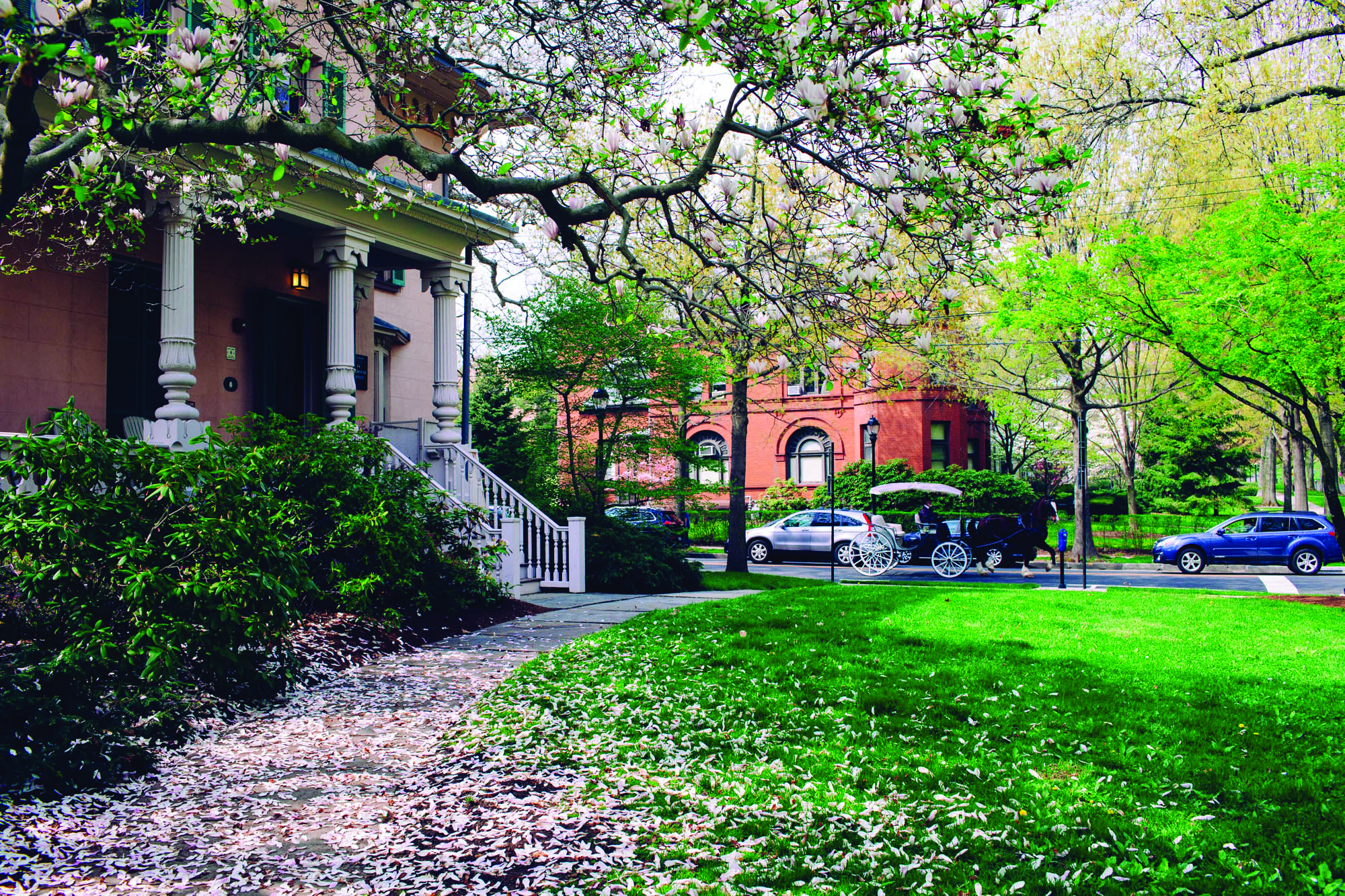
Courtesy of Department of Statistics and Science
Yale has made its first hire in the new Department of Statistics and Data Science, inviting University of Chicago professor John Lafferty to teach statistical machine learning beginning this fall.
Dean of the Faculty of Arts and Sciences Tamar Gendler described Lafferty as “one of the most distinguished data scientists in the English-speaking world.” Lafferty specializes in machine learning with a focus in areas of contemporary application. In an interview with the News, he said his appointment begins July 1 and that he is looking forward to helping equip his students with the skills and enthusiasm they will need to succeed in the field of data science.
“It may sound a little corny, but I wake up every day feeling excited and privileged to work on the research and teaching that take up most of my time and energy,” Lafferty said. “The ideas being pursued in my research community can be, simultaneously, both theoretically deep and very practicable.”
Lafferty earned his Ph.D. in mathematics at Princeton, taught math at Harvard and worked at IBM before co-founding the world’s first department of machine learning at Carnegie Mellon University in 2004, Gendler said. He has been a professor of statistics and computer science at UChicago since 2011, and helped start a program in computational and applied mathematics there.
Harry Zhou, the current chair of the Statistics Department who will become the chair of the Statistics and Data Science Department this fall, praised Lafferty as one of the “most eminent international leaders in machine learning” and said he will be extremely valuable in Yale’s efforts to develop data science teaching. He added that Lafferty will be teaching two undergraduate courses in machine learning, one applied and one theoretical.
Lafferty said he expects to teach a course in the fall with a focus on applied machine learning, and a more advanced course on statistical machine learning in the spring — a variant of a course that has evolved over several years of teaching at Carnegie Mellon and UChicago.
“My aim is to convey some of the incredible beauty and power of the subject, and to offer students ways of thinking about statistical modeling that will serve [students] well in their future work,” Lafferty said. “The course ranges from classical topics that are well understood mathematically, to some recent ideas that are promising but a bit messy and complex, and not yet fully understood.”
Gendler described Lafferty as a “renowned” teacher and mentor known for both his undergraduate and graduate teaching. She added that his work, at the intersection of statistics and computer science, is remarkably wide-ranging.
“By bringing a faculty member of this caliber to Yale, we hope to signal to the world that Yale stands at the forefront of the field of data science,” Gendler said.
Lafferty said that while data science is becoming one of the common methods for acquiring knowledge, it cannot be understood solely through methods of computing and statistical inference, and is therefore a rich area that will keep people busy for a long time. He said that communicating this to students and preparing them to go into this emerging field is a privilege, and fun.
According to Lafferty, data science is similar to dark energy in that it “permeates the entire universe of modern inquiry, but we’re not yet quite sure what it is.” He said Yale is approaching the data science revolution in a unique way by assembling a number of like-minded researchers from established disciplines like computer science and electrical engineering to expand the intellectual core of statistics.
“All of this is being done with impressive support and enthusiasm from the administration and leadership of the University,” Lafferty said. “I am very excited to join this team, to help shape data science in a way that has maximum impact both within and outside of Yale.”
Yale announced the creation of the data science major after a Yale College faculty meeting vote in early March.







